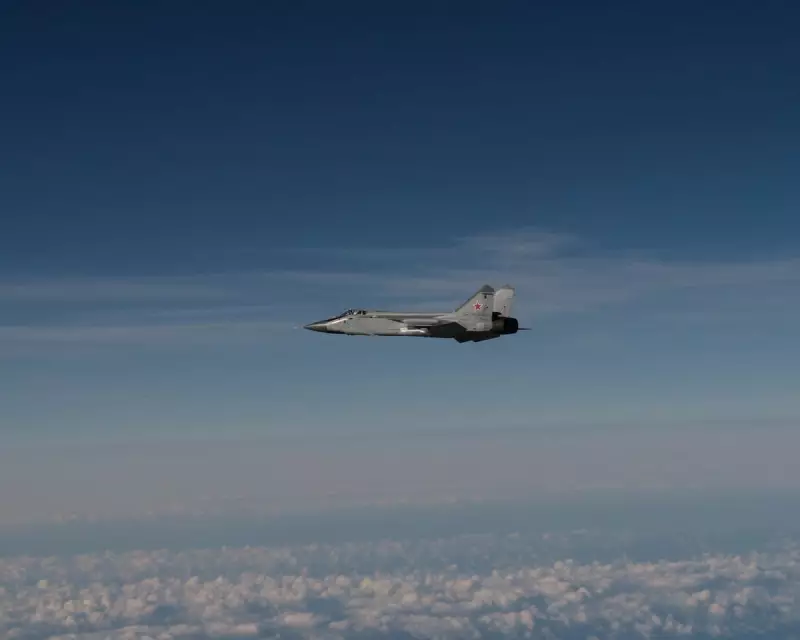
Russia has triggered a major diplomatic crisis after deploying its UN Security Council veto to block international condemnation of alleged provocations against Estonia, in a move Western diplomats are calling "a dangerous abuse of power".
The extraordinary confrontation unfolded in New York as Moscow attempted to weaponise the UN's highest body to legitimise its aggressive rhetoric towards the Baltic NATO member.
Diplomatic Showdown at the UN
According to diplomatic sources, Russia demanded the Security Council issue a statement condemning what it called "provocative actions" by Estonian authorities near their shared border. When other council members refused to endorse Moscow's narrative, Russia exercised its veto power - a move rarely used so overtly to protect the aggressor in a dispute.
One Western diplomat, speaking on condition of anonymity, stated: "This represents a new low in Russia's manipulation of international institutions. They're attempting to manufacture justification for whatever action they might take next."
Western Powers Rally Behind Estonia
The United Kingdom led international condemnation of Russia's actions, with British officials calling the veto "an outrageous obstruction of diplomatic processes".
Foreign Secretary David Lammy declared: "The UK stands firmly with our NATO ally Estonia. Russia's attempt to misuse the Security Council to attack a sovereign nation is completely unacceptable and demonstrates their continued disregard for international norms."
The failed statement would have expressed "concern" about border incidents that Western nations say Russia either exaggerated or manufactured entirely. Security analysts suggest Moscow may be creating pretexts for hybrid operations similar to those seen before previous conflicts.
Baltic Tensions Reach Boiling Point
This diplomatic clash comes amid rapidly escalating tensions in the Baltic region. Estonia has faced increased cyberattacks, disinformation campaigns, and mysterious border incidents in recent weeks that Tallinn attributes to Russian intelligence operations.
NATO has reinforced its eastern flank with additional troops and equipment, while Baltic leaders have urgently requested more advanced air defence systems following recent Russian missile incidents near their territory.
Estonian Prime Minister Kaja Kallas stated: "This veto demonstrates why UN Security Council reform is urgently needed. Russia is exploiting its position to threaten the very countries it should be protecting."
International Reaction and Next Steps
The United States and European Union have pledged additional support for Estonia's security, with discussions underway about further sanctions targeting Russian officials involved in hybrid warfare operations.
UN diplomats are now exploring alternative mechanisms to address Baltic security concerns outside the Security Council, where Russia's veto power cannot block action. Options include emergency sessions of the General Assembly or invoking NATO's collective defence consultation mechanisms.
As one European diplomat warned: "This isn't just about Estonia. It's about testing Western resolve. How we respond will determine Russia's next move."






